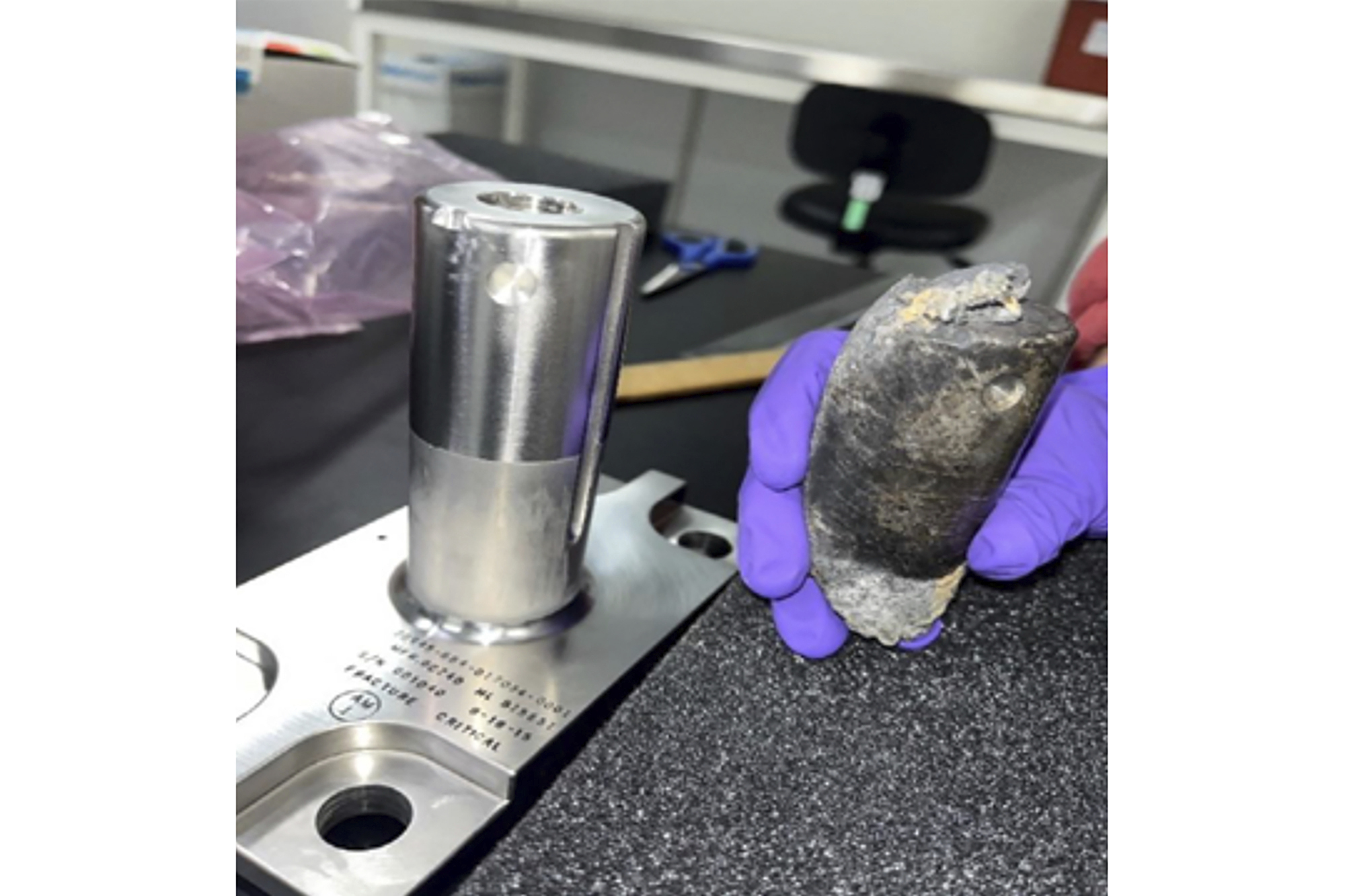More than 1,000 “Fight for 15” protesters returned to McDonald's headquarters Thursday to rally for higher wages ahead of the company’s annual shareholder meeting.
Demonstrators marched down streets outside the Oak Brook building and gathered in front of the main entrance, which was blocked off by police. The group — police estimated there were more than 1,000 — chanted "If we don't get it, shut it down" and "No burgers, no fries, make our paychecks supersize."
Protesters delivered a petition with more than one million signatures calling for the fast food giant to pay an hourly wage of $15. While police said the demonstrators weren't allowed in, a McDonald's representative did come out to receive the signatures.
The rally comes just one day after hundreds of protesters swarmed the headquarters, prompting the company to close a nearby restaurant and building for traffic concerns.
Demonstrators from the "Fight for 15" organization, many of them members of the Service Employees International Union, came from cities such as New York City and Kansas City to be on hand for Wednesday's rally.
"We go to work every day. We slave. We sweat for $8.25," said Dominique Mack, who works at a McDonald's restaurant at West Roosevelt Road and Harlem Avenue in Chicago. "That can't take care of our kids. We got a house. We got bills we need to pay. Like every other worker that goes to work, we would like to get paid like everybody else."
The campaign for pay of $15 an hour and a union began in late 2012 and has involved a range of tactics, including ongoing demonstrations in cities around the country. Earlier this year, McDonald's said it would raise its starting pay for workers to $1 above the local minimum wage. Labor organizers said the move falls short because it only applies to company-owned stores.
U.S. & World
In addition to the wage increase, many of the workers on hand said they also want the opportunity to be represented by a union.
"Whether it's the eight-hour work day, paid sick days -- these are all things, living wages, that have been won by unions," said political activist Clem Balanoff.
McDonald's Corp. owns about 10 percent of its stores in the U.S., while the rest are run by franchisees.
The protests come as McDonald's fights to hold onto customers amid intensifying competition from smaller rivals and changing tastes. CEO Steve Easterbrook, who stepped into the role in March, has said he wants to transform McDonald's into a "modern, progressive burger company."
Thursday will mark his first shareholder meeting as CEO.



